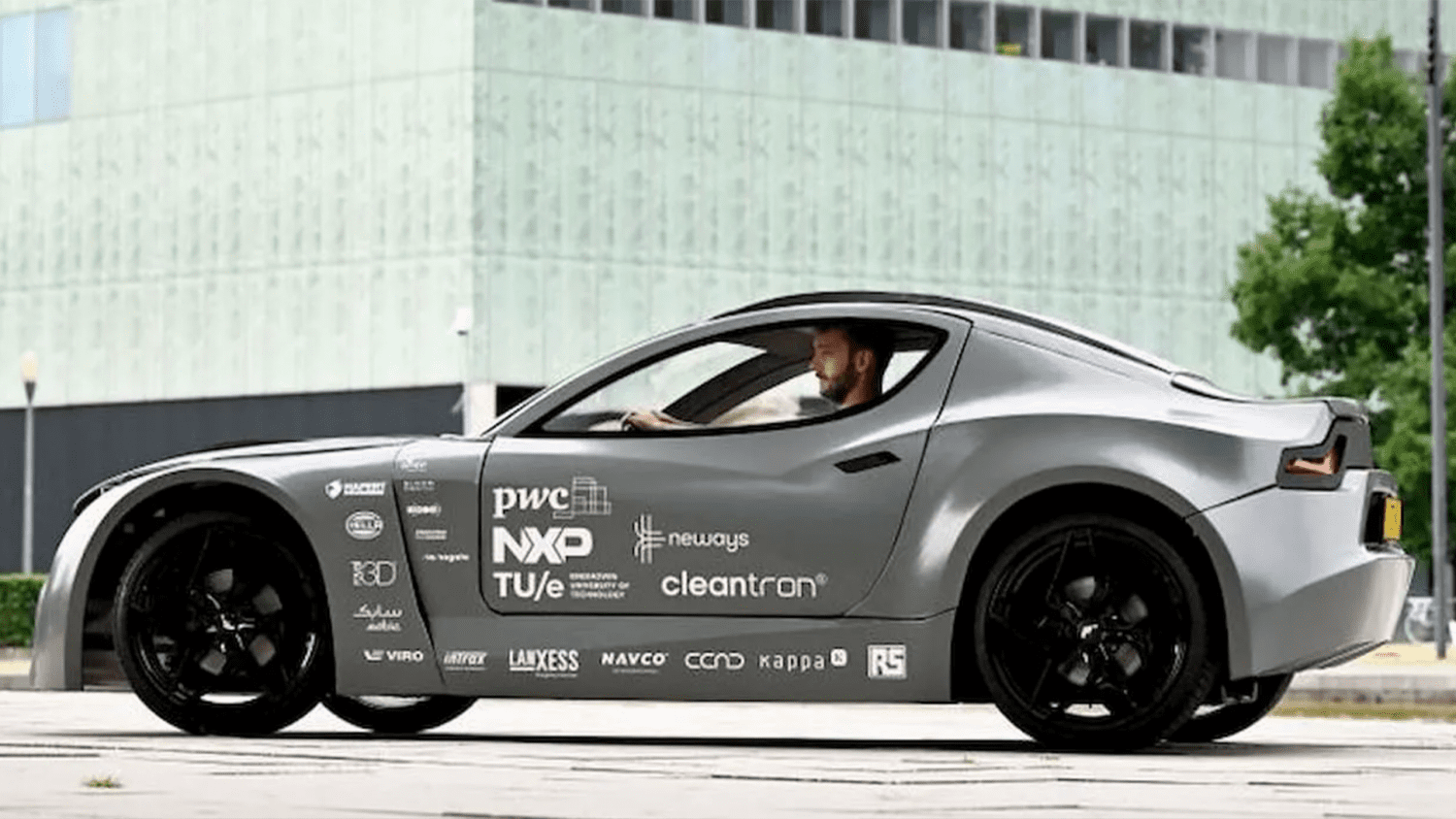New York is the latest state to mandate zero-emission vehicles in 2035. Today on Inside Automotive we’re pleased to welcome back Mark Schienberg, President of the Greater New York Automobile Dealers Association or GNYADA, to give us his perspective on the mandate and what this may mean for dealers in the state.
The mandate follows $1 billion in state investments for EV infrastructure, intended to prep New York for the 2035 deadline. While the move addresses climate change concerns, it also provides a source of contention between the legislature, consumers, automakers and dealers.
Schienberg notes that, although this is the second time a state has implemented a ban on gas-powered vehicles, consumer confidence in zero-emission vehicles has yet to materialize. A Politico survey showed only faint support for an identical bill in California. Yet the lack of enthusiasm may soon change. “While the number of electric vehicles hasn’t grown enormously, it has, along with the federal rebate program, convinced a lot of consumers to take a look at those products.”
Meanwhile, manufacturers continue voicing support for low or zero-emission government initiatives. This summer, Ford announced its intent to cease production of gas-powered vehicles after 2035. The company also outlined new requirements for their dealers, including charging station installations and additional training for EV service and sales. Failing to meet these requirements may cause some to lose their license to sell Ford products.
This has caused concern among dealers, who already face uncertainty as they prepare to meet the coming shifts in demand. Schienberg suggests that although auto retailers often invest to accommodate a changing market, “…this time around these investments are much, much larger, and they’re being made at a time when inventory is down.” ROI will likely be difficult to estimate for New York dealerships in the coming years.
Increasing the rift between all groups is anxiety that manufacturers and the New York legislature are not incentivized to reduce any potential impact of the mandate. Regardless, neither consumers nor dealers have any choice other than to prepare for change. Schienberg posits, “If we’re going to move towards this, we should all be in this together…One of the things I constantly hear from dealers is that they feel like they’re out there on their own.”
However, while the auto industry evolves to tackle climate change, worry caused by the mandate is likely to alleviate before the 2035 deadline. Zero-emission vehicle technology still promises to meet the needs of dealers and consumers. “The fact is there is supply and demand, and they have customers that are looking to get vehicles for a fair price,” Schienberg concluded.
Did you enjoy this article? Please share your thoughts, comments, or questions regarding this topic by connecting with us at newsroom@cbtnews.com.
Be sure to follow us on Facebook, LinkedIn, and TikTok to stay up to date.
While you’re here, don’t forget to subscribe to our email newsletter for all the latest auto industry news from CBT News.








